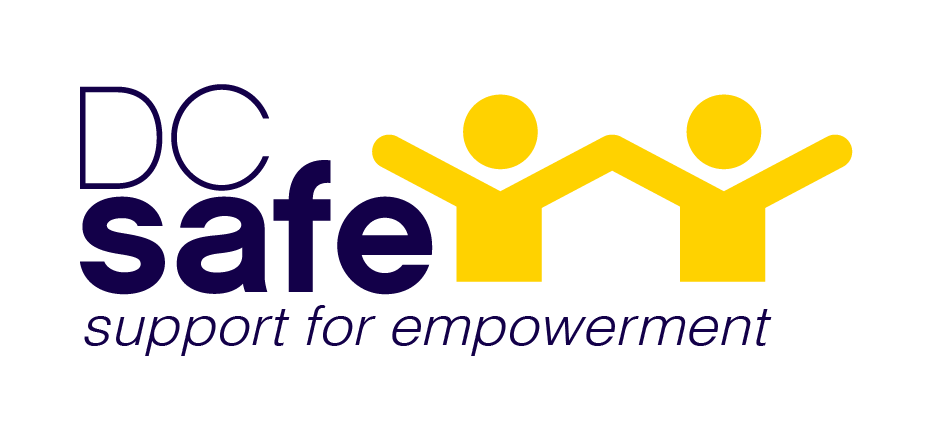WHY REPRODUCTIVE HEALTH RIGHTS ARE CRITICAL FOR SURVIVORS OF DOMESTIC VIOLENCE
Written by Rina Jeanette, Guest Contributor
The reproductive health rights of Americans are currently under attack, with far-reaching consequences. In particular, restricting reproductive health rights, including abortion access, severely compromises domestic violence survivors’ ability to obtain safety and self-determination. In the U.S., domestic violence is a public health problem that affects one in three adult women and one in ten adult men. In fact, the annual cost of medical and mental health care services for domestic violence survivors is estimated to be as high as $8 billion a year due to physical injuries and mental trauma caused by abuse.
Unfortunately, a significant portion of these injuries stem from sexual abuse. According to the American College of Obstetricians and Gynecologists, women experience 4.8 million incidents of physical or sexual assault annually in the U.S. Given the scope of these numbers, as well as the possible unreported cases, it becomes even more crucial that reproductive health rights are accessible to survivors.
How Reproductive Health Rights Can Change a Survivor’s Life
One of the markers of abuse is that individuals experiencing abuse have restricted lives. In fact, abusers often use reproductive coercion against survivors, preventing them from using birth control and pressuring them to become pregnant against their will. Unfortunately, survivors who are forced to continue their pregnancy are more likely to remain with their abuser, thus leading to a cycle of domestic abuse. It's worth noting that this is also especially common among racial/ethnic minorities, adolescents, and low-income women, since the existing power differences make it harder for survivors to leave the situation.
In fact, One Safe Place even reports that 40% of the individuals that they have served were abused by their intimate partners during pregnancy. As a result, survivors have to experience physical or sexual abuse while taking on the physical, emotional, and financial toll of pregnancy and childbirth.
With several states banning abortion, it’s become an urgent matter that legislators understand how reproductive health rights like birth control and abortion care can mitigate the effects of domestic violence across the US. After all, the decision to ban abortion across several states doesn’t only harm women, but also threatens community safety across the country, given that healthcare access and quality can affect one’s health, outcomes, and quality of life. By taking away the bodily autonomy of women, community members may suffer from the impact of increased risky behaviors and a higher likelihood of intimate partner violence.
The Support That Domestic Violence Survivors Need
Alongside the protection of reproductive rights, there's so much more that needs to be done for survivors of abuse. Domestic violence survivors have different needs, and it’s important that there are avenues of support available for them, as reproductive rights, civil rights, and human rights work hand in hand.
Survivors need holistic support as they begin to get back on their feet. Not only do survivors deserve dignified crisis housing, but a safe space that provides varied low-barrier supportive services. For example, DC SAFE’s shelter facility in the District of Columbia, provides 24/7 immediate placement, prioritizing high-risk survivors experiencing severe abuse. In addition to DC SAFE’s crisis intervention services, residents in the shelter program can also connect to other on-site partners, like the DC Forensic Nurse Examiners, who provide 24/7 forensic nursing care and other reproductive health care services to survivors of sexual assault and domestic violence. Easy access to all services, albeit emergency shelter or reproductive health care, is essential to providing support and community care that targets the whole person.
Conclusion
Abusers already seek to take away survivors’ agency, and bans on reproductive health services will only continue to reduce their choices. Increasing the accessibility when it comes to supportive services, especially reproductive healthcare, is thus crucial so that survivors can start over, free from abuse. As such, we must continue to advocate for survivors and reproductive justice, and fight to protect the right to bodily autonomy. By advocating for full and equal access to reproductive healthcare, we can create safety for all.

